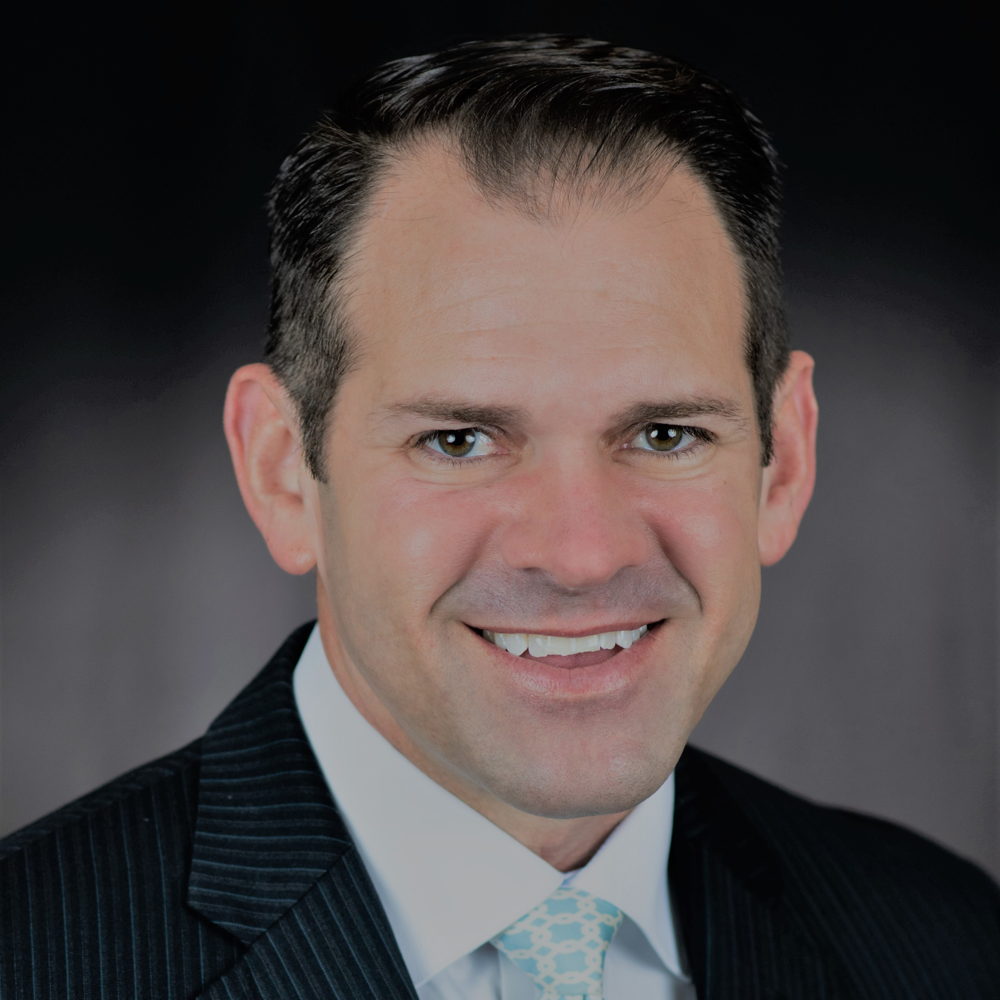Recent Posts
- Easy Steps to Unswitch Your Windows and Alt Keys
- Paradise M Gunner Build Guide: Choosing Between Agility and Intelligence for the Perfect Balance of Speed and Power
- The Best Ways to Enjoy Slot5000 Slot Games Anytime, Anywhere
- MPO007 Slots Demo Versions: Practice Before You Play
- Take Swedish IPTV Wherever You Go
Blog Roll

Dr Ian Weisberg, a Clinical Cardiac Electrophysiologist with over two decades of experience, emphasizes the critical role of cardiac rehabilitation in the comprehensive care of patients recovering from heart-related conditions. His approach integrates medical expertise with personalized patient engagement to promote optimal cardiovascular health.
Understanding Cardiac Rehabilitation
Cardiac rehabilitation is a structured program designed to improve cardiovascular health following events such as heart attacks, heart surgeries, or the diagnosis of heart diseases. It encompasses supervised exercise, education on heart-healthy living, and counseling to reduce stress and promote a healthy lifestyle.
Dr. Weisberg’s Comprehensive Approach
1.Individualized Assessment
Dr. Weisberg begins with a thorough evaluation of each patient’s medical history, current health status, and specific cardiovascular conditions. This assessment informs a tailored rehabilitation plan that addresses the unique needs and goals of the patient.
2.Supervised Exercise Regimen
Recognizing the importance of physical activity in heart health, Dr Ian Weisberg collaborates with a multidisciplinary team to develop a safe and effective exercise program. This regimen is designed to improve cardiovascular endurance, strength, and flexibility, all under professional supervision to ensure patient safety.
3.Nutritional Guidance
A heart-healthy diet is pivotal in managing and preventing cardiovascular diseases. Dr. Weisberg provides patients with personalized nutritional counseling, emphasizing the consumption of balanced meals rich in fruits, vegetables, whole grains, and lean proteins, while limiting saturated fats, sodium, and sugars.
4.Risk Factor Modification
Addressing modifiable risk factors is a cornerstone of Dr. Weisberg’s rehabilitation strategy. He works with patients to manage conditions such as hypertension, high cholesterol, and diabetes through lifestyle changes and, when necessary, medication. Smoking cessation support is also provided to those who need it.
5.Psychosocial Support
Understanding the emotional challenges that often accompany heart disease, Dr. Weisberg incorporates psychosocial support into the rehabilitation program. This includes stress management techniques, counseling services, and support groups to help patients navigate the psychological aspects of recovery.
6.Patient Education and Empowerment
Educating patients about their condition and involving them in the decision-making process is fundamental to Dr. Weisberg’s approach. He ensures that patients understand their treatment plans, recognize symptoms that require medical attention, and are equipped to make informed lifestyle choices that support long-term heart health.
Outcomes and Benefits
Dr. Weisberg’s comprehensive cardiac rehabilitation program aims to:
•Enhance physical fitness and functional capacity.
•Reduce the risk of recurrent cardiac events.
•Improve quality of life and psychological well-being.
•Facilitate a safe return to daily activities and work.
Conclusion
Through a personalized and multidisciplinary approach, Dr Ian Weisberg cardiac rehabilitation program not only aids in recovery but also empowers patients to take proactive steps toward maintaining their cardiovascular health. His commitment to patient-centered care ensures that each individual receives the support and resources necessary for a successful rehabilitation journey.